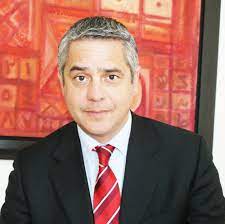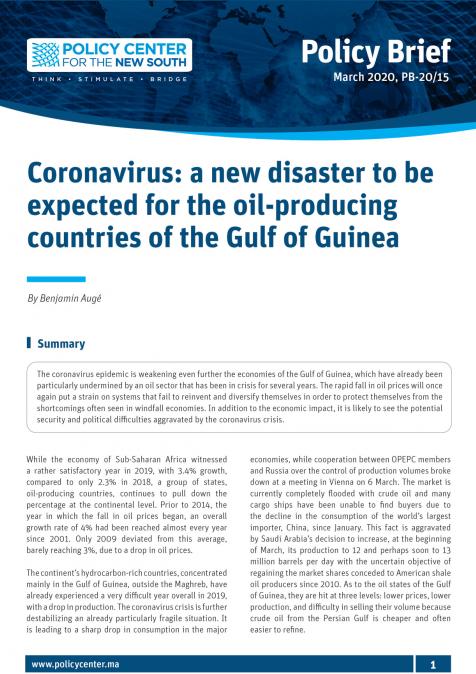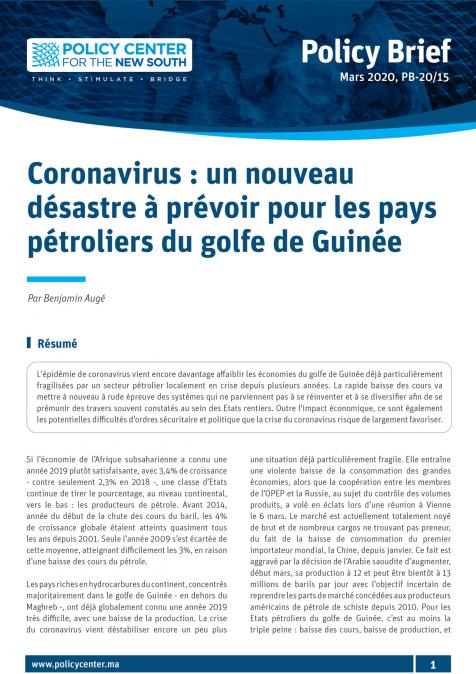AD Talks 2020: The Impact of Covid 19 on Energy Markets and Energy Transition
The COVID-19 pandemic has evolved into an unprecedented international crisis with serious consequences for human health and economic activity. It has also disrupted energy markets. The rapid decline in crude oil prices since January 2020 has raised concerns on both the demand and supply sides, making the outlook for oil and gas markets highly uncertain. Meanwhile, despite a significant reduction in greenhouse gas emissions in some of the hardest-hit regions, this decline is unlikely to be sustainable since it is not the result of governments and companies adopting new policies and strategies, but rather the immediate result of an exogenous shock. Moreover, persistent low fossil-fuel prices could potentially stall significant progress in the development of new clean-energy technologies, thus hampering energy-transition efforts. This session will address the various impacts of COVID-19 on energy markets and its implications for energy transition. How can the COVID-19 pandemic, and the resulting economic recession, affect global oil markets in the medium and long term? Will the COVID-19 pandemic slow down energy transition efforts? Moderator : Rim Berahab, Economist, Policy Center for the New South Speakers : - Valeria Aruffo, Director External Relations, Dii Desert Energy - Sunjoy Joshi, Chairman, Observer Research Foundation - Andreas Kraemer, Founder, Ecologic Institute - Saïd Mouline, CEO, Moroccan Agency for Energy Efficiency AMEE









